Indigenous leader Patricia Gualinga lives in the middle of the Amazon rainforest013 Archives where oil, minerals and lumber are abundant. She says her people, the Kichwa people of Sarayaku, are one with the land.
It's land companies and miners are hungry to destroy. But Gualinga won't let that happen.
SEE ALSO: Indigenous leaders hold powerful press conference on climate action in ParisFor the past 25 years, Gualinga has been tirelessly dedicated to keeping oil, mineral and lumber extraction off of Sarayaku land.
At the 2016 Social Good Summit on Monday, Gualinga -- who is the international representative for the Kichwa of Sarayaku of the Ecuadorian Amazon -- spoke with actor and advocate Alec Baldwin about her fight to keep indigenous land pure, while also curbing climate change. Gualinga's answers were translated into English for the discussion by Leila Salazar-López, executive director of Amazon Watch.
"These are spaces that are sacred."
Environmental activism is known for being dangerous -- and even deadly -- around the world, with attacks on activists on the rise as conversations around climate change intensify. According to Amnesty International, about 65 percent of activists murdered for human rights work are advocating for the protection of land, territory or the environment.
In the face of this violence, Gualinga has emerged as a fierce and fearless advocate for her community of about 1,200 people hailing from the south-central area of the Amazon rainforest. The community is passionate about protecting their land that is mostly made of primary rainforest -- land that is lush and almost completely untouched by harmful human activities and pollution.
 Original image has been replaced. Credit: Mashable
Original image has been replaced. Credit: Mashable But keeping that land pure has come with a lot of pushback, especially from the Ecuadorean government, which tried to claim some Kichwa land for oil in 1992. The government's efforts -- after a decade-long fight -- were ultimately unsuccessful.
"When the the government has disrespected us, we have taken them to court," she said. "We had a human rights case against our government for 10 years -- and we won. At least, with this case, we gained back a little bit of the respect that they had taken away from us."
"We aren't just poor indigenous people who have these complaints."
Over the past year, the Kichwa people developed a Living Forest proposal to permanently protect the Sarayaku rainforests, keeping them free from extraction. Gualinga said this proposal is essential to respecting Mother Earth and living on land responsibly.
"These are spaces that are sacred," she said. "They're alive -- and we want to keep them protected forever."
Gualinga said what her people want most is simply to be heard and have their proposals implemented. With that, she said, comes recognizing the contributions of the Kichwa people to the climate -- and to the world.
"We aren't just poor Indigenous people who have these complaints," she said. "We are contributing valuable contributions to the world by protecting our rainforests."
"This is not just our problem; this is your problem, too."
About Social Good Summit
The Social Good Summit is a two-day conference examining the impact of technology and new media on social good initiatives around the world. Held during U.N. Week on Sept. 18 and 19, the Social Good Summit unites a dynamic community of global leaders and grassroots activists to discuss solutions for the greatest challenges of our time. You can watch the event live at socialgoodsummit.com.
This year's summit is brought to you by Mashable, the United Nations Foundation, the United Nations Development Programme and the 92nd Street Y. For complete event details, visit https://mashable.com/sgs.
Topics Social Good
Previous:Kitchen-Sink Drama
Next:Stormbound
 Fascism for Dummies
Fascism for Dummies
 Staff Picks: The Unseen Bestiary, The Avoidance of Love by The Paris Review
Staff Picks: The Unseen Bestiary, The Avoidance of Love by The Paris Review
 Adaptation by Sadie Stein
Adaptation by Sadie Stein
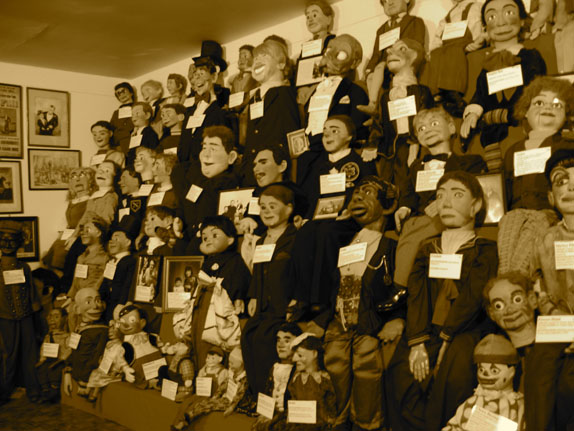 Dummy Land by Avi Steinberg
Dummy Land by Avi Steinberg
 Entitlements
Entitlements
 Adaptation; Fall Reading by Lorin Stein
Adaptation; Fall Reading by Lorin Stein
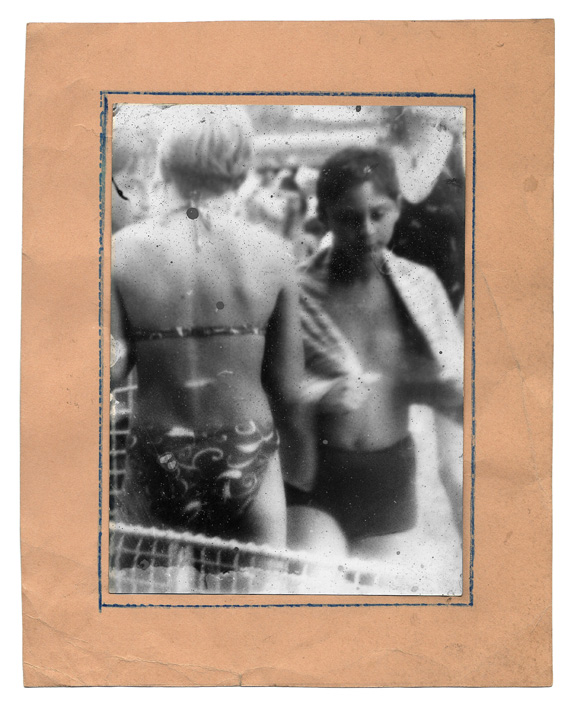 Portfolio: Miroslav Tichý by Deirdre Foley
Portfolio: Miroslav Tichý by Deirdre Foley
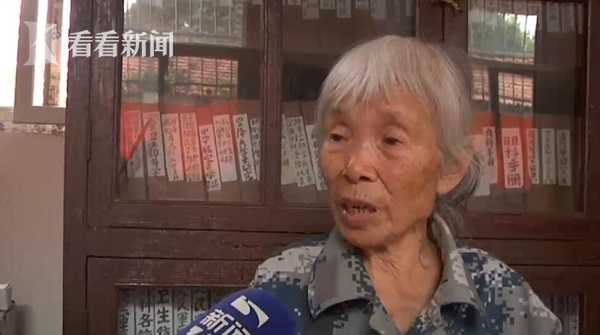 Donald Trump's bizarre walk down a ramp is a big thing now: #RampGate
Donald Trump's bizarre walk down a ramp is a big thing now: #RampGate
 Koalas are endangered now, and climate change is a big reason why
Koalas are endangered now, and climate change is a big reason why
 Writing Jobs; Literary Style Icons by Sadie Stein
Writing Jobs; Literary Style Icons by Sadie Stein
 Cogito Zero Sum
Cogito Zero Sum
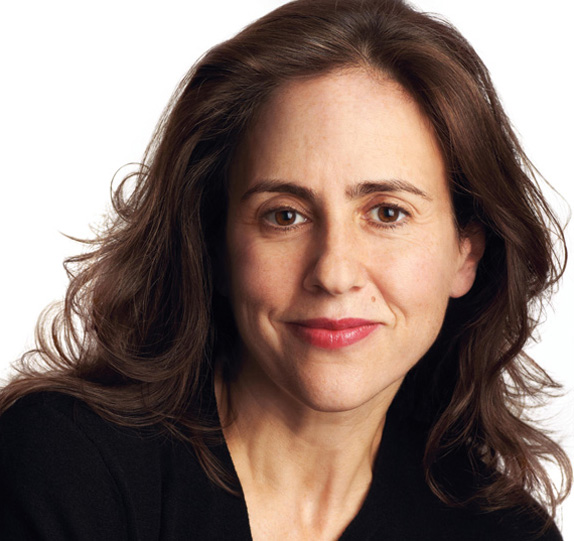 Helen Schulman on 'This Beautiful Life' by Brian Gresko
Helen Schulman on 'This Beautiful Life' by Brian Gresko
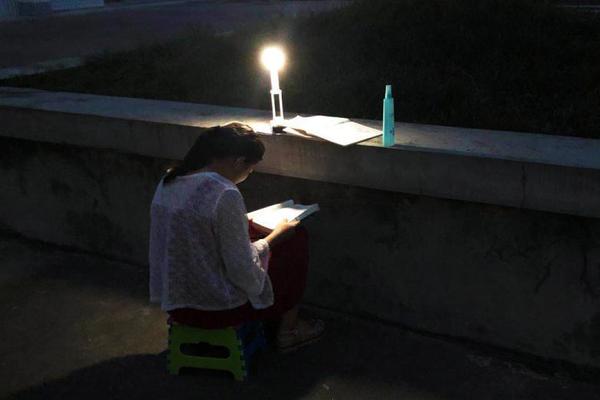 'Wordle' today: Here's the answer, hints for April 25
'Wordle' today: Here's the answer, hints for April 25
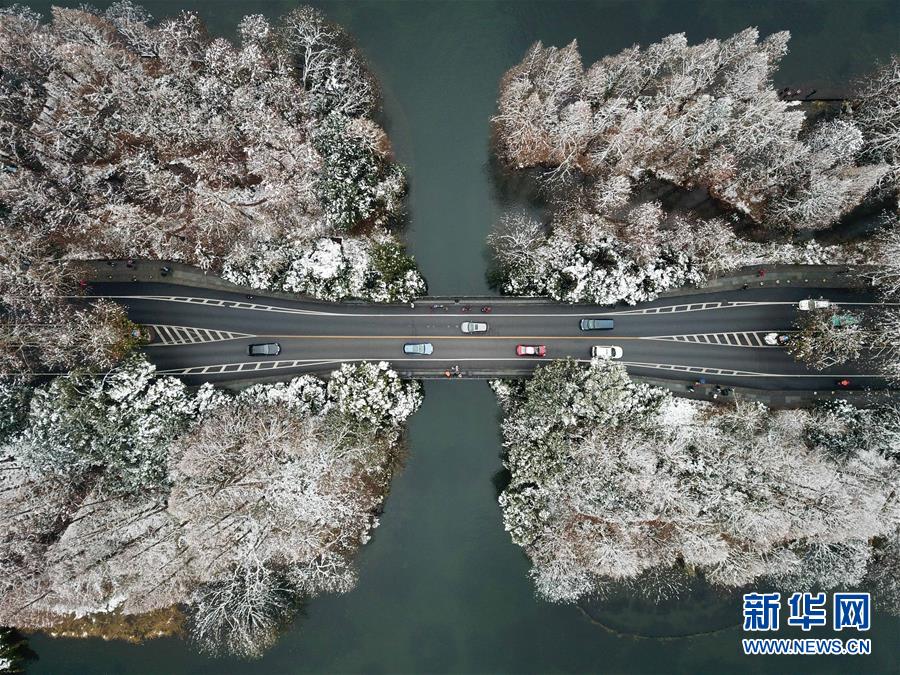 Pornhub launches Premium Lovers, a premium membership for couples
Pornhub launches Premium Lovers, a premium membership for couples
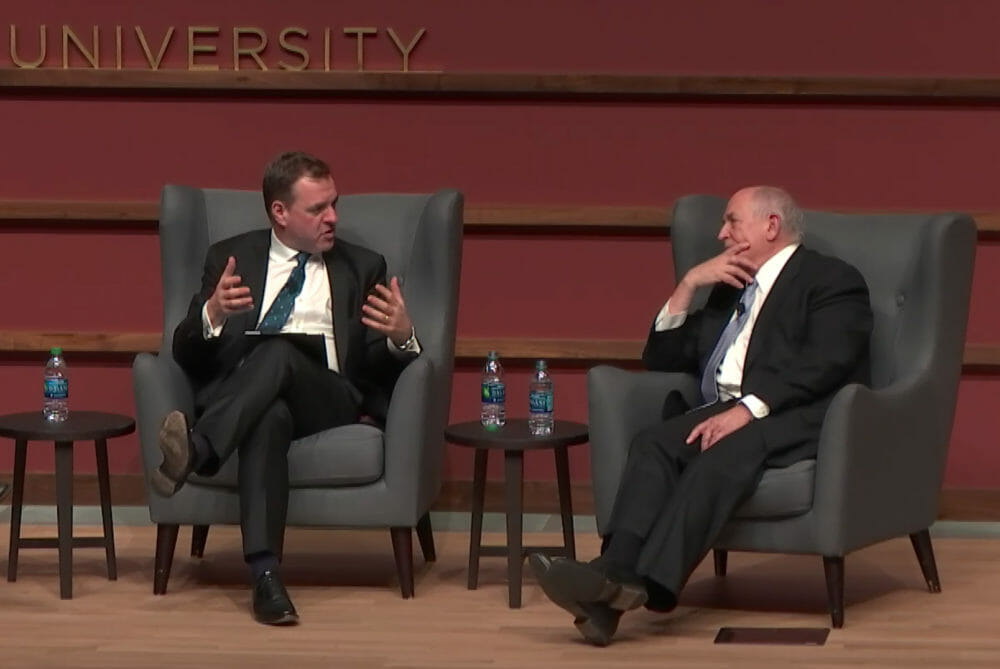 Cardinal Cons
Cardinal Cons
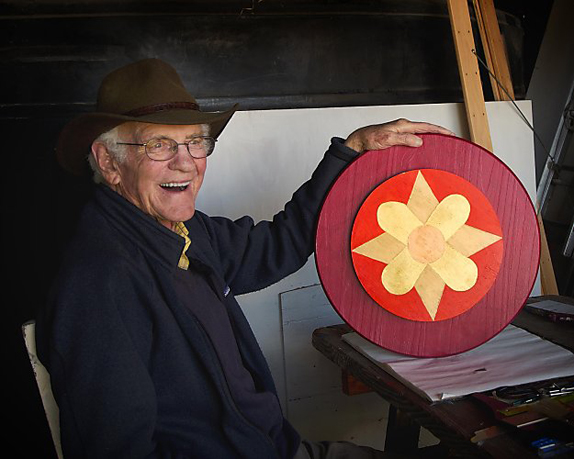 Blair Fuller, Editor Emeritus by The Paris Review
Blair Fuller, Editor Emeritus by The Paris Review
 'Quordle' today: See each 'Quordle' answer and hints for April 26
'Quordle' today: See each 'Quordle' answer and hints for April 26
 Pornhub launches Premium Lovers, a premium membership for couples
Pornhub launches Premium Lovers, a premium membership for couples
 This Is Not a Blip
This Is Not a Blip
 Astrology dating app NUiT has a feature queer users love
Astrology dating app NUiT has a feature queer users love
When I Auditioned for George Martin: An AppreciationSome iPhones are shutting down at night for no good reasonAdventures at the Ninety“The Unnecessary,” A Poem by Karen Murai (1990)Ryan Gosling's Ken in 'Barbie' floods the internet with thirsty memesJoin Our Editor, Lorin Stein, for Two Events in ParisOn Delmore Schwartz’s “The Heavy Bear Who Goes With Me”Whiting Awards 2016: Brian Blanchfield, NonfictionWhiting Awards 2016: Layli Long Soldier, Poetry“The Solution,” a Poem by Sharon Olds (1985)The Sound Effects of the Eighteenth Century, Back in ActionThe best pets of 2022 (so far)At Last, We Answer Patricia Lockwood's Excellent TweetWhiting Awards 2016: Layli Long Soldier, PoetryHow to get out of a dry spell, single or in a relationshipWhiting Awards 2016: Layli Long Soldier, PoetryPrime Day robot vacuum deals: Multiple Roombas are 50% off right nowThe Full Complement: What I Learned from a Bunch of TyposOn Delmore Schwartz’s “The Heavy Bear Who Goes With Me”Whither the Fog Machine? and Other News by Dan Piepenbring Yellow Sky by Brandon Hobson Perfect impression nails how New Jersey moms will act if weed is legal in the state CivilWarLand in Bad Decline: Preface by George Saunders Wordle today: Here's the answer and hints for June 12 Zora Neale Hurston on Zombies by Sadie Stein A Truth Universally Acknowledged by Sadie Stein In Memoriam: Evan S. Connell, 1924–2013 by Lorin Stein On the Occasion of her 151st by Sadie Stein 13 of the nicest moments from Election Day British ice lollies, ranked Edith Wharton by Design by Jason Diamond What is Signal? The basics of the most secure messaging app. What Do We Have In Our Pockets? by Sadie Stein The sustainable fashion pioneer behind drag's defiantly absurdist turn Reddit briefly went down. What we know as the blackout protest continues. Tender Spirits: A Conversation with Marie Spotify is testing an 'Offline Mix' playlist for times when signals are spotty Seceding: A Conversation with Liz Deschenes by Lauren O'Neill For Reference by Sadie Stein A Printer Called Lethem, and Other News by Sadie Stein
1.9206s , 10129.2734375 kb
Copyright © 2025 Powered by 【2013 Archives】,Information Information Network